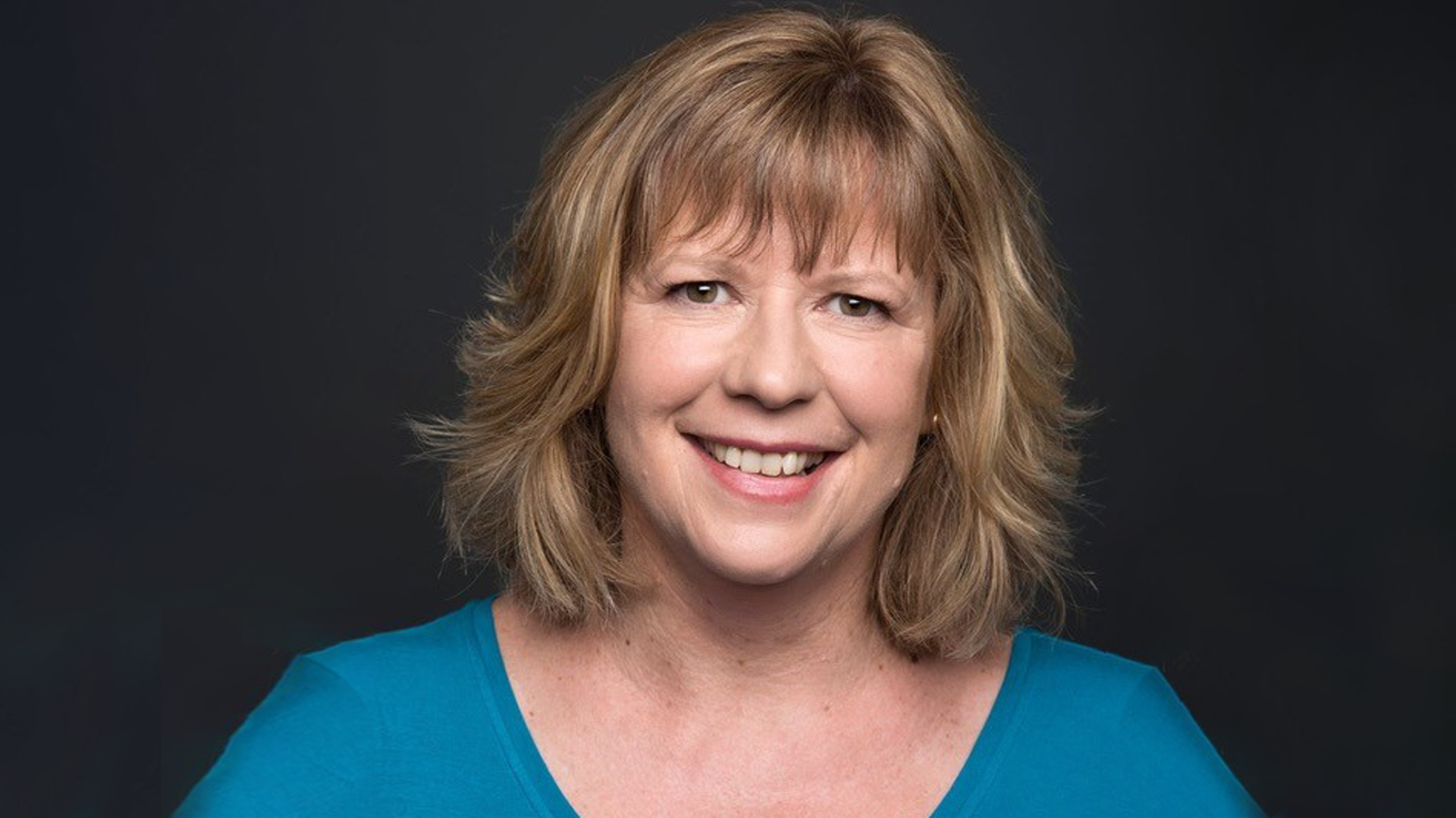In the last of her brilliant blog series, Sue Stockdale urges us to reflect upon and add to our network
In business today having a diverse network isn’t just a nice-to-have; it’s a must-have. A diverse network offers a great deal of benefits that can fuel your personal and professional growth, and bring new ideas and perspectives to how you work.
In David Epstein’s book Range, Epstein explains how Gene Kranz at NASA made a habit out of seeking opinions from technicians and engineers at all levels of the hierarchy. If he heard the same hunch twice, he would investigate. These different sources gave Kranz early warning of a potential issue, and amplified signals that might have seemed innocuous if only from one source.
Diversity can lead to better decision-making
Diversity in your network can bring fresh perspectives, innovative ideas, and a broader understanding of your world. It allows you to tap into a vast pool of experiences, talents, and insights. This diversity can lead to better decision-making, as it helps you avoid groupthink and consider a wide range of viewpoints.
Building a more diverse network is an intentional process that requires effort and open-mindedness. Here are some ideas on how to begin:
Self-reflection
Begin by reflecting on your diary over the last week. How diverse were the people you engaged with? Were they all in the same department, division, or industry? How did they vary in terms of ethnicity, gender, age, industry, or other factors. Recognise any unintentional biases or gaps in your connections, and who you seek input or advice from.
Expand your horizons
Make a conscious effort to go outside your usual circles. Seek out people, organisations and gatherings that will enrich your thinking. Read a magazine from a completely different industry and discover something you didn’t know. This is like embarking on a new adventure – exploring uncharted territories.
Try to be inclusive
When you meet new people, be open and genuinely interested in their perspectives and what you can learn from them. It’s worth remembering that understanding another person does not mean you have to agree with them, there is a subtle, but important difference. Actively listen to learn from their experiences.
Mentorship and sponsorship
Actively seek mentors and sponsors from diverse backgrounds. These relationships can be transformative, offering guidance and opportunities you might not have otherwise encountered. Often individuals focus on what they can gain from the mentor, however, it’s worth remembering that it’s a two-way street. Just as you are likely to benefit from the insights of a mentor in a different culture or from a different background, this can be reciprocal.
Review your online presence
If you review your LinkedIn connections or social media connections, how wide is your network? LinkedIn used to provide a wonderful visual diagram to illustrate this, and it was a powerful reminder to actively grow your contacts outside your existing sector.
Any network requires maintenance so it’s not about randomly just connecting with people in other sectors without following up to learn about them, and to maintain regular contact. A diverse network can bring a lot of advantages, from broadening your perspective to enhancing your decision-making and boosting your reputation, so start by reflecting on your existing contacts and go from there.
Sue Stockdale is an executive coach and polar explorer www.suestockdale.com




